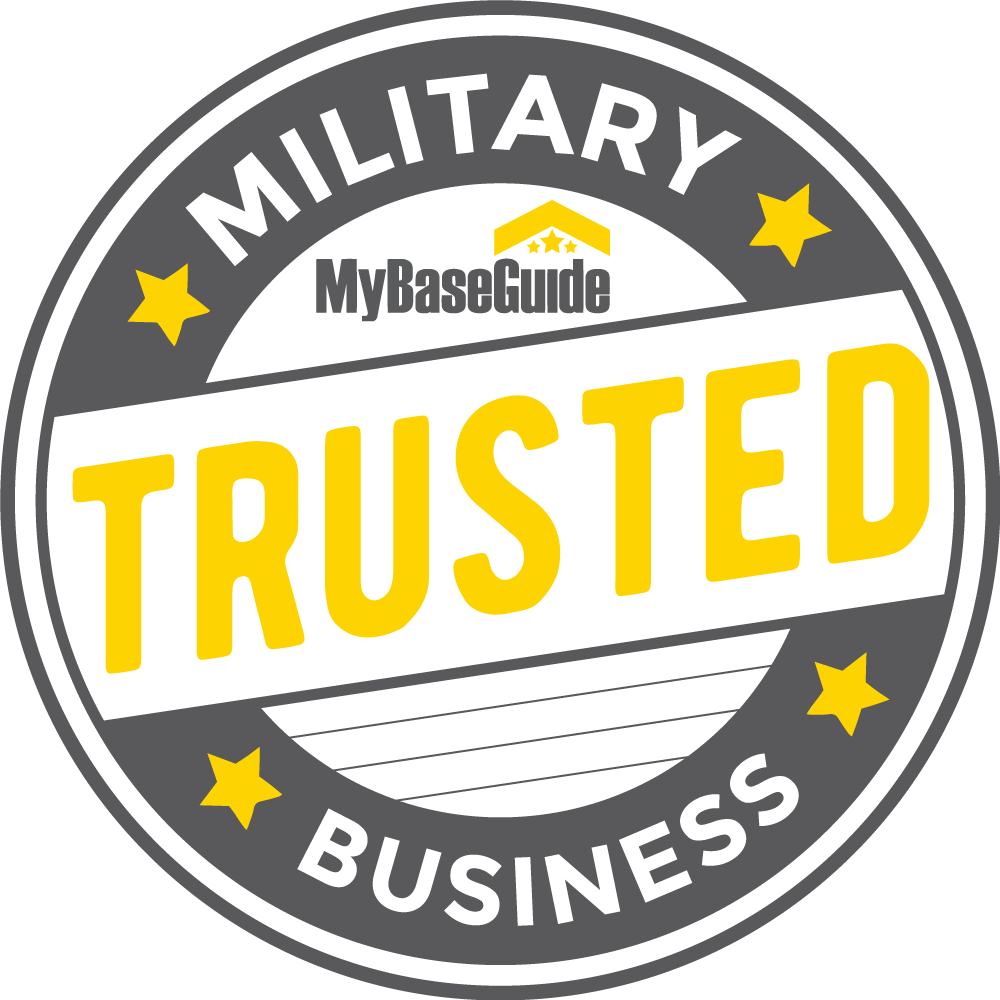
Veterans face a variety of mental health challenges that don’t simply fade into the past when deployment ends. While growing awareness of mental health and promising new treatment paths provide reasons for hope, the reality remains that many veterans suffer in silence. The most widely publicized mental health challenges veterans and service members encounter are post-traumatic stress disorder (PTSD) and depression.
It’s estimated that between 14 percent and 16 percent of the United States service members deployed to Afghanistan and Iraq have been affected by PTSD or depression. Many veterans also find themselves in crisis due to:
- Traumatic brain injury (TBI)
- Substance use disorder (SUD)
- Interpersonal violence
- Anxiety
- Suicidal ideation
Mental health challenges for veterans can affect all facets of their personal and professional lives. What can make diagnosis and treatment especially difficult is the fact that mental health issues may not present in ways that follow specific trends or timelines.
With the deployment of millions of active-duty military personnel to Iraq, Afghanistan, and other locations since 2001, the need for answers has never been higher for military members and their families. This is why hearing about the benefits of transcranial magnetic stimulation (TMS) for veterans can feel like such a breakthrough. TMS is a noninvasive treatment that has been shown to produce positive results for veterans struggling with mental health and addictions. Take a look!
Growing Research on Helping Veterans Heal With TMS
New research on the benefits of TMS for veterans is emerging all the time. In 2021, a major study was published on the effects of prefrontal transcranial magnetic stimulation for depression in U.S. military veterans.
As part of the study, researchers enrolled 770 patients who met threshold-level PTSD symptom criteria. Of the 770 who received just one treatment, TMS was associated with clinically meaningful and statistically significant reductions in major depressive disorder (MDD) and post-traumatic stress disorder.
Among the veterans who received an adequate dose of 30 sessions, MDD response rates were 41.4 percent. What’s more, 20 percent experienced remission.
Another major finding from the study was that more than 65 percent of veterans with comorbid PTSD who participated in TMS demonstrated clinically meaningful symptom reductions. More than 46 percent no longer met the threshold criteria following their TMS treatments.
A 2024 study found that magnetic brain stimulation is a promising treatment for veterans with alcohol use disorder (AUD) and depressive symptoms. During this small pilot study, researchers explored the effects of magnetic stimulation (TMS) on alcohol relapse and depressive symptoms.
With previous studies suggesting that repetitive TMS targeting the dorsolateral prefrontal cortex (DLPFC) part of the brain implicated in AUD and depression may help reduce craving, alcohol consumption, and relapse rates, this study was intended to gauge the effectiveness of using 20 TMS sessions to influence depression symptoms, alcohol craving, and relapse among veterans living with AUD.
The results of the above study showed that veterans who received repetitive transcranial magnetic stimulation (rTMS) technique with intermittent theta burst stimulation (iTBS) were substantially less likely to relapse in the three months following treatment compared to participants who received placebo treatments.
What’s more, post-treatment scans of participants who underwent real iTBS showed moderate decreases in responses to alcohol cues that were more pronounced on the same side of the brain as the stimulation. According to researchers, this may suggest that real iTBS may decrease or prevent increases in cue reactivity linked to alcohol cravings.
Another study, published in June of 2023 found that TMS can even be considered a safe and beneficial treatment for veterans with major depressive disorder (MDD) or posttraumatic stress disorder (PTSD) accompanied by mild traumatic brain injury (mTBI).
What Does All This Research Mean?
The bottom line is that TMS is a powerful treatment for PTSD among both veteran and civilian populations. In fact, TMS for PTSD is supported by 20 years of existing literature on TMS as a PTSD treatment that includes close to 15 randomized controlled trials.
Is TMS Widely Accepted as a Treatment Option for Veterans?
Yes, TMS is considered a science-backed treatment option for veterans that has been promoted by the U.S. Department of Veterans Affairs (VA). In fact, the VA has even opened centers and mobile units across the country dedicated to expanding access to TMS.
Where can I find TMS near me? One exciting thing for veterans in the Western United States to know is that the TMS Institute of Arizona is in network with Tricare. The TMS Institute is one of just a very select handful of MeRT (magnetic resonance therapy) providers in the PHX metro area in network with Tricare.
This allows us to provide our patients with a highly customized version of TMS that uses sophisticated diagnostics and imaging to target parts of the brain that are implicated in an individual patient’s symptoms. One of our helpful patient coordinators is ready to help you decide if you can benefit from MeRT or TMS treatment here at our highly-rated Phoenix TMS clinic.
What to Expect When You Undergo TMS
TMS is a noninvasive treatment. It does not require anesthesia, medication, or post-treatment recovery. While most patients who undergo TMS generally don’t experience any side effects, the most commonly reported side effect is a mild, temporary headache that resolves on its own following treatment. With TMS treatments lasting just a few minutes, a person can easily resume the rest of their day after stopping in for a session.
During a treatment session, a patient is comfortably seated in a reclining chair while wearing earplugs. No sedation is required.
An electromagnetic coil is placed against the head. Once treatment begins, the coil will be turned on and off by the care provider to create stimulating pulsations in targeted areas. It’s common for patients to experience tapping sensations and clicking sounds during treatment.
Learn More About TMS for Veterans
Would you like to learn more about TMS for PTSD for veterans in Arizona? Contact the highly acclaimed team at the TMS Institute of Phoenix to explore your treatment options. Book your consultation today!













